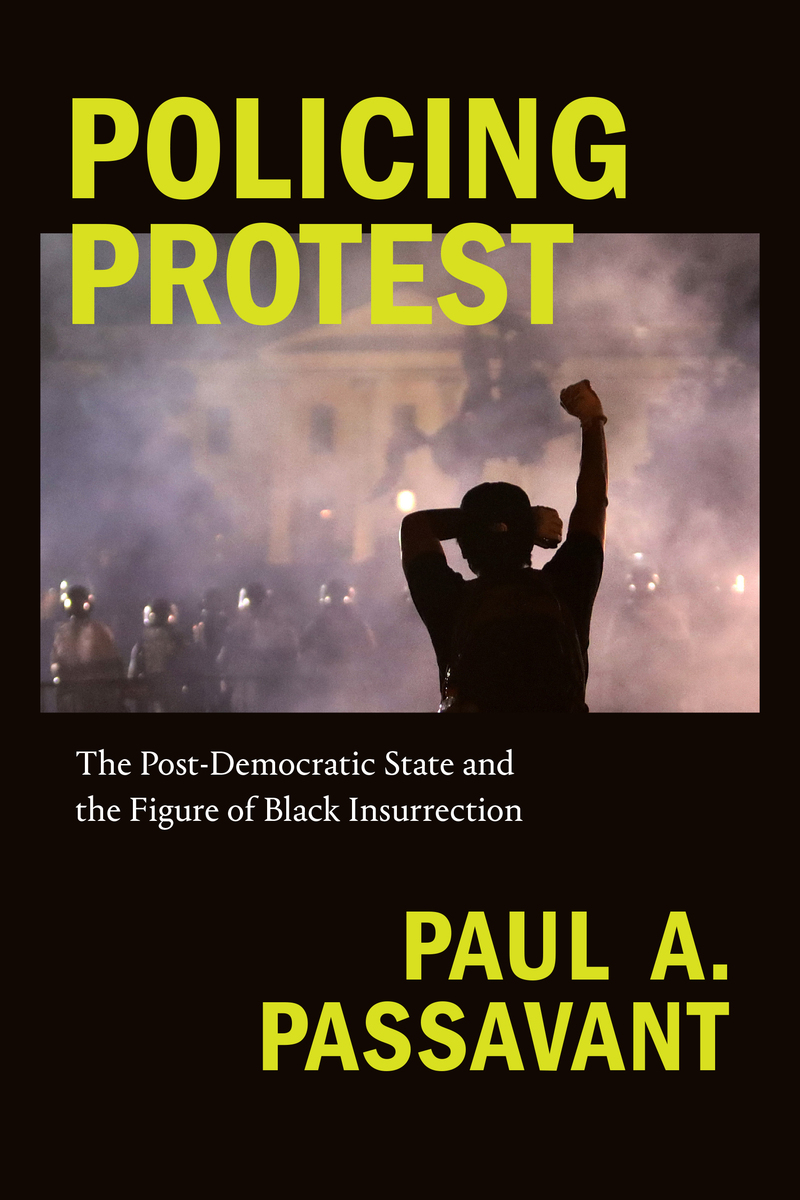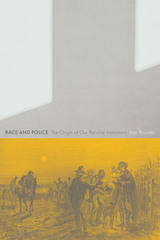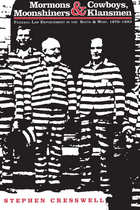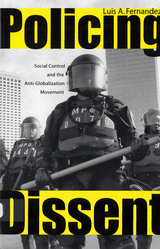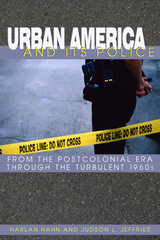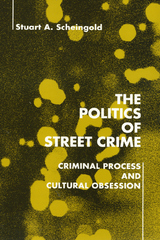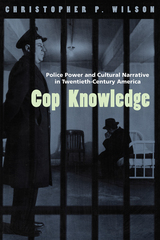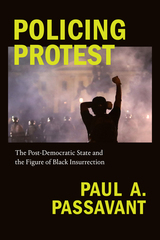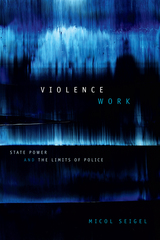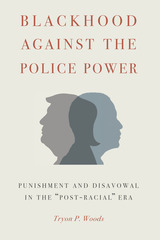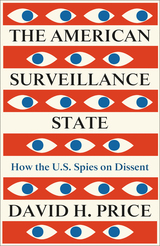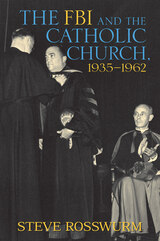Policing Protest: The Post-Democratic State and the Figure of Black Insurrection
Duke University Press, 2021
Cloth: 978-1-4780-1045-6 | Paper: 978-1-4780-1143-9 | eISBN: 978-1-4780-1301-3 (standard)
Library of Congress Classification HV8141.P28 2021
See other books on: Authoritarianism | Neoliberalism | Police | Police brutality | Protest movements
See other titles from Duke University Press
Cloth: 978-1-4780-1045-6 | Paper: 978-1-4780-1143-9 | eISBN: 978-1-4780-1301-3 (standard)
Library of Congress Classification HV8141.P28 2021
ABOUT THIS BOOK | AUTHOR BIOGRAPHY | REVIEWS | TOC | REQUEST ACCESSIBLE FILE
ABOUT THIS BOOK
In Policing Protest Paul A. Passavant explores how the policing of protest in the United States has become increasingly hostile since the late 1990s, moving away from strategies that protect protesters toward militaristic practices designed to suppress protests. He identifies reactions to three interrelated crises that converged to institutionalize this new mode of policing: the political mobilization of marginalized social groups in the Civil Rights era that led to a perceived crisis of democracy, the urban fiscal crisis of the 1970s, and a crime crisis that was associated with protests and civil disobedience of the 1960s. As Passavant demonstrates, these reactions are all haunted by the figure of black insurrection, which continues to shape policing of protest and surveillance, notably in response to the Black Lives Matter movement. Ultimately, Passavant argues, this trend of violent policing strategies against protesters is evidence of the emergence of a post-democratic state in the United States.
See other books on: Authoritarianism | Neoliberalism | Police | Police brutality | Protest movements
See other titles from Duke University Press
